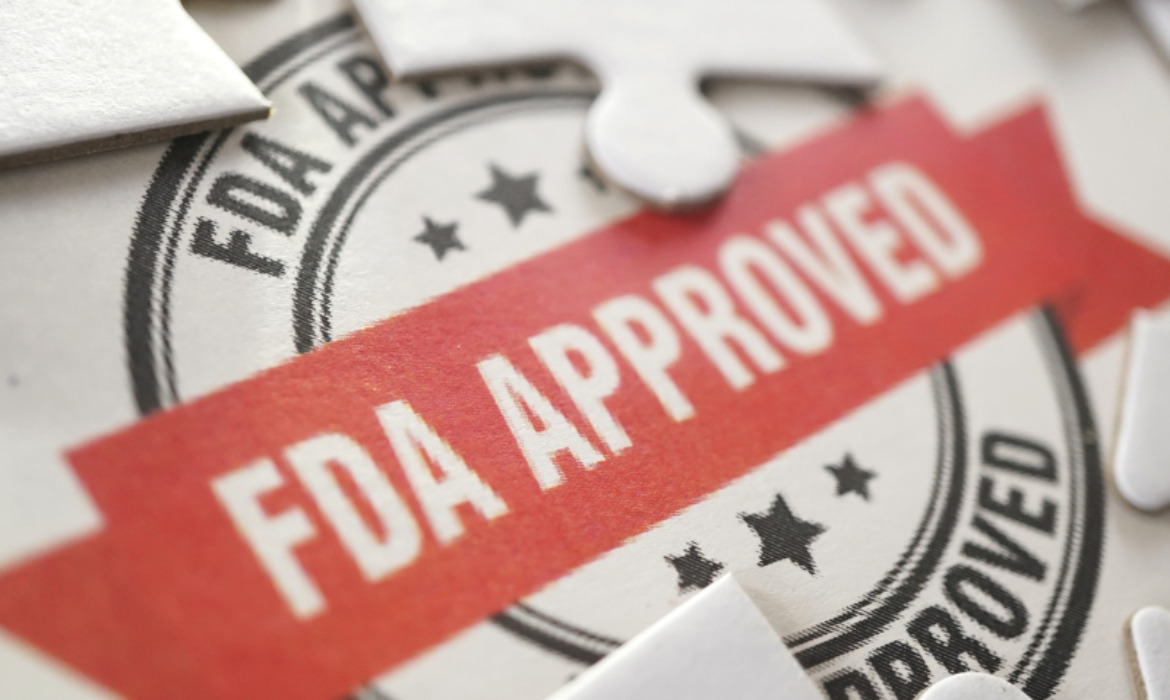The role of the FDA in clinical trials
Clinical trials are essential for developing and approving new drugs and medical devices. They allow scientists to test the safety and efficacy of new treatments in humans before they are made available to the public.
The FDA plays a critical role in overseeing clinical trials. The agency has regulations and guidelines in place to protect the rights, safety, and welfare of participants. The FDA also reviews clinical trial data to determine whether new drugs and medical devices are safe and effective for their intended use.
Here is an overview of the FDA’s role in clinical trials:
- Overseeing the design and conduct of clinical trials: Before a clinical trial can begin, the sponsor must submit an Investigational New Drug (IND) application to the FDA. The IND application must include detailed information about the study design, the investigational product, and the risks and benefits to participants. The FDA reviews the IND application to ensure that the study is safe and scientifically sound.
- Protecting the rights, safety, and welfare of participants: The FDA has regulations in place to protect the rights, safety, and welfare of participants in clinical trials. These regulations require that participants be informed of the risks and benefits of the study before they enroll, and that they have the right to withdraw from the study at any time. The FDA also requires that clinical trials be conducted by qualified investigators and that participants be monitored closely for adverse events.
- Reviewing clinical trial data: Once a clinical trial is completed, the sponsor must submit a New Drug Application (NDA) to the FDA. The NDA includes all of the data from the clinical trials, as well as information about the manufacturing and quality control of the drug. The FDA reviews the NDA to determine whether the drug is safe and effective for its intended use.
If the FDA approves the NDA, the drug can be marketed and sold to the public.
The FDA’s role in clinical trials is essential for ensuring the safety and efficacy of new drugs and medical devices. The agency’s oversight helps to protect participants and ensures that new treatments are only approved if they are safe and effective.
Here are some additional ways that the FDA promotes the safety and efficacy of clinical trials:
- Developing and maintaining guidance documents: The FDA develops and maintains guidance documents to help sponsors and investigators design and conduct clinical trials that are safe and scientifically sound.
- Conducting inspections: The FDA conducts inspections of clinical trial sites to ensure that they are complying with FDA regulations and that participants are being protected.
- Monitoring clinical trials: The FDA monitors clinical trials on an ongoing basis to identify any potential safety concerns.
- Working with other regulatory agencies: The FDA works with other regulatory agencies around the world to harmonize clinical trial requirements and to share information about clinical trials.
The FDA’s role in clinical trials is essential for advancing public health and ensuring that Americans have access to safe and effective drugs and medical devices.

